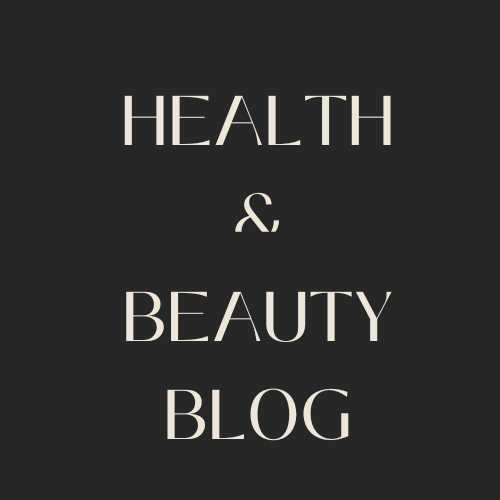Acne can be a real confidence killer, and if you're struggling with it, you're definitely not alone. In fact, acne is the most common skin condition in the U.S.
While there are a lot of commercial products out there that claim to be the ultimate solution for acne, the truth is that the best way to get rid of it is through a combination of skincare and diet. In this guide, we'll talk about all the best ways to tackle acne and achieve clear skin.
We'll start by discussing what causes acne and the different types of acne. Then we'll cover some of the best ways to treat it, including skincare tips, diet advice, and home remedies.
What Is Acne and What Causes It?
So, you've got acne. We're sorry to hear that. But don't worry, we're going to help you get rid of it.
Acne is a common skin condition that affects millions of people each year. It occurs when the pores on the skin become clogged with dirt, oil, and dead skin cells. This can lead to inflammation and the formation of acne lesions.
There are many different causes of acne, including hormones, genetics, and lifestyle factors. The best way to treat acne is to identify the root cause and address it accordingly.
The Importance of a Good Skincare Routine for Acne-Prone Skin
When it comes to getting rid of acne, a good skincare routine is essential. That's why we've put together this guide for you.
First and foremost, you need to make sure you're cleansing your skin properly. Use a gentle cleanser that doesn't contain any harsh chemicals or sulfates. We recommend the Charcoal Cleansing Bar, which is perfect for acne-prone skin.
Next, you need to moisturize. Even if you have oily skin, it's important to keep your skin hydrated. Choose a light moisturizer that won't clog your pores.Aloe Vera Moisturizer is perfect for acne-prone skin.
Finally, don't forget to use a sunscreen! Sun exposure can aggravate acne, so it's important to protect your skin from the sun's rays. Our Sunscreen Lotion SPF 30 is perfect for acne-prone skin.
The Do’s and Don’ts of Skincare for Acne-Prone Skin
Do you have acne-prone skin? If so, you know that it can be tricky to find the right skincare routine. You want to make sure you're using products that will help clear your skin, but you also don't want to aggravate it more.
Here are some do's and don'ts for taking care of your skin:
DO:
-Use an oil-free sunscreen
-Wash your face twice a day
-Use a gentle cleanser
-Apply moisturizer
DON'T:
-Scrub your face
-Use harsh exfoliators
-Use products that are heavy or oil-based
The Best Skincare Products for Acne-Prone Skin
So you've been struggling with acne for a while now and you're looking for some solutions. We hear you, and we're here to help.
The first step is to find the right skincare products for your acne-prone skin. Not all products are created equal, and you need to be careful about what you put on your skin.
Here are a few of our favourite products for acne-prone skin:
1. Salicylic acid: This is a great ingredient for fighting acne, and it can be found in a variety of skincare products. Look for something that has a high concentration of salicylic acid if you're trying to target acne specifically.
2. Benzoyl peroxide: Another great ingredient for fighting acne, benzoyl peroxide is found in many over-the-counter medications. It's a bit harsher than salicylic acid, but it can be really effective in battling acne.
3. Tea tree oil: Tea tree oil is a natural ingredient that has anti-inflammatory and antibacterial properties. It's perfect for people with acne-prone skin.
4. Coconut oil: Coconut oil is a natural moisturizer that hydrates the skin without clogging pores. It's perfect for people with oily skin.
How to Get Rid of Acne Scars
So you've got rid of your acne, but now you're left with scars. What can you do?
Well, we have some tips for you.
First, start by using a gentle exfoliator to remove the dead skin cells that are sitting on top of your skin. This will help your skincare products to penetrate better and give you better results.
Then, apply a light layer of serum or moisturizer to the area. Be sure to avoid anything that's too heavy or greasy, as this will only aggravate your skin further.
Finally, consider using a topical treatment such as benzoyl peroxide or salicylic acid. These products will help to reduce inflammation and speed up the healing process.
Conclusion
Acne can be really frustrating, but don't worry, we've got you covered. This guide will teach you everything you need to know about acne and how to treat it.
We'll start with the basics – what is acne, and what are the different types? Then we'll move on to how to prevent acne, and how to treat it when it does occur. We'll cover all the different types of treatment, from over-the-counter medications to prescription drugs to natural remedies.
We hope this guide will help you get your acne under control and achieve clear skin.


Post a Comment
If you have any query. Please let me know